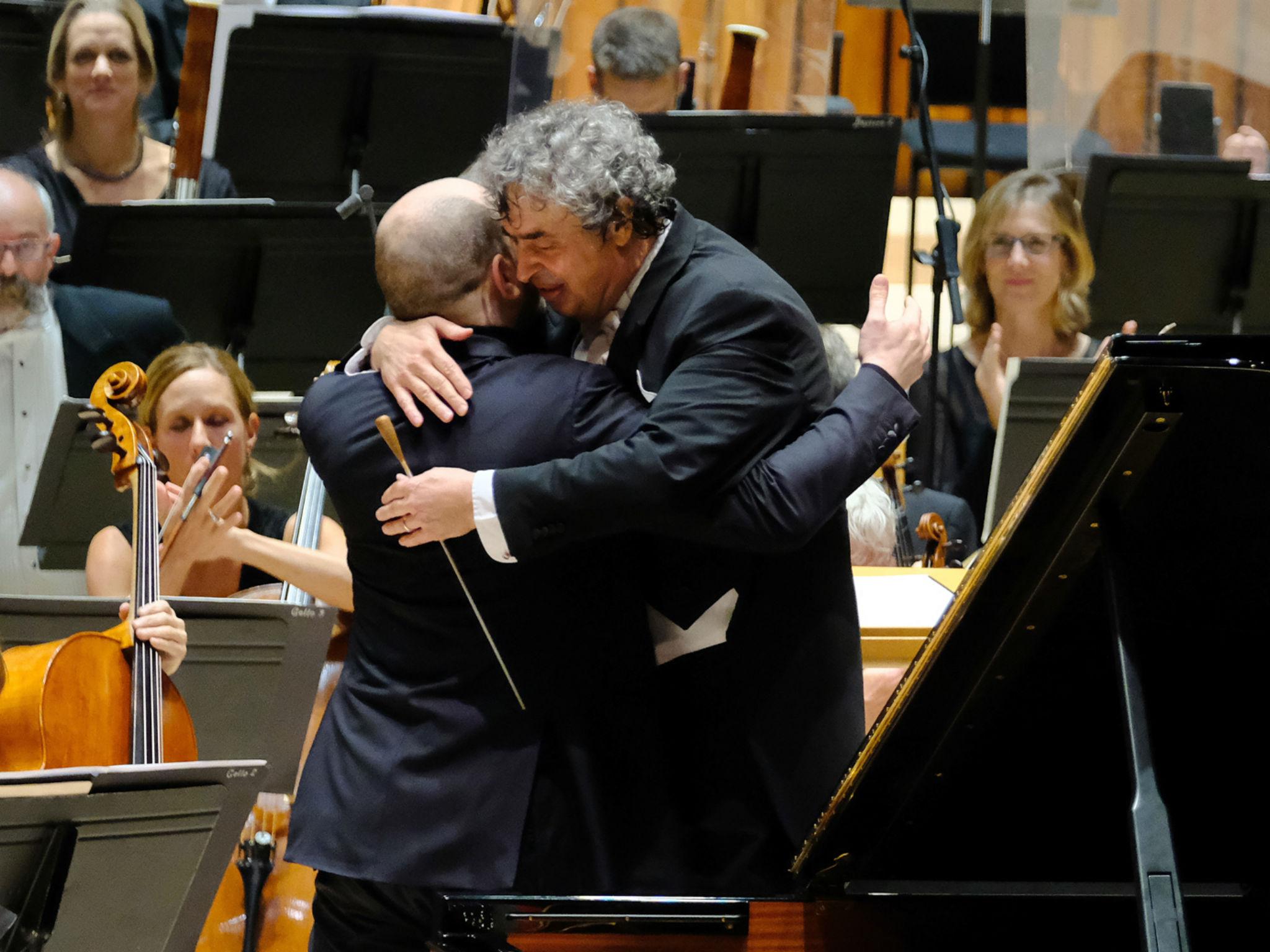Gerstein/BBCSO/Bychkov Barbican, review: 'Bychkov has chosen the best pianist in the world for Tchaikovsky’s concertos'
Pianist Kirill Gerstein performs Tchaikovsky’s Piano Concerto No.2 in G major with the BBC Symphony Orchestra, conducted by Semyon Bychkov at the Barbican

"Beloved Friend" is how Tchaikovsky and his patron Nadezhda von Meck addressed each other, and it makes an appropriate title for the Tchaikovsky project which conductor Semyon Bychkov has launched at the Barbican before taking it round the world. And it’s typical that Bychkov should open with two works which have always been overshadowed by more popular ones: the second piano concerto (lurking in the gigantic shadow of the first), and the Manfred Symphony (hard to love the way the fourth, fifth, and sixth symphonies are loved).
On the other hand, Bychkov has chosen the best pianist in the world for Tchaikovsky’s concertos, and from the moment Kirill Gerstein put his stamp on the passage-work of Concerto No 2 in G major it was clear that the work’s structural flaws would be more than compensated for by the incisive brilliance of the pianism. The second movement, in which the melody is carried first by a solo violin, then by a solo cello, before the piano gets it, was gracefully questioning; the finale sailed boisterously away. Conceived as a piece of luridly Romantic programme-music, Manfred was turned by Bychkov and the BBC Symphony Orchestra into a virtuoso display of moods, textures, and colours; another goose transformed into a swan through superb musicianship.
Join our commenting forum
Join thought-provoking conversations, follow other Independent readers and see their replies
Comments
Bookmark popover
Removed from bookmarks